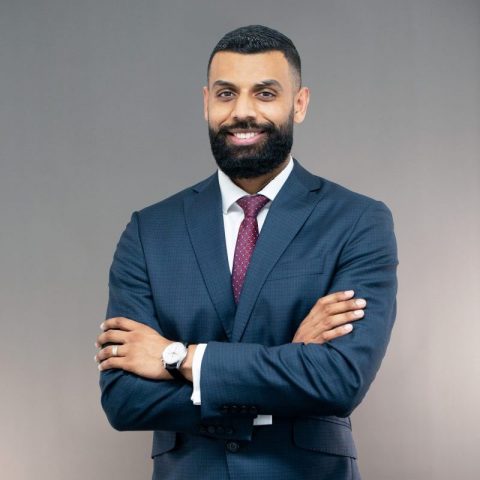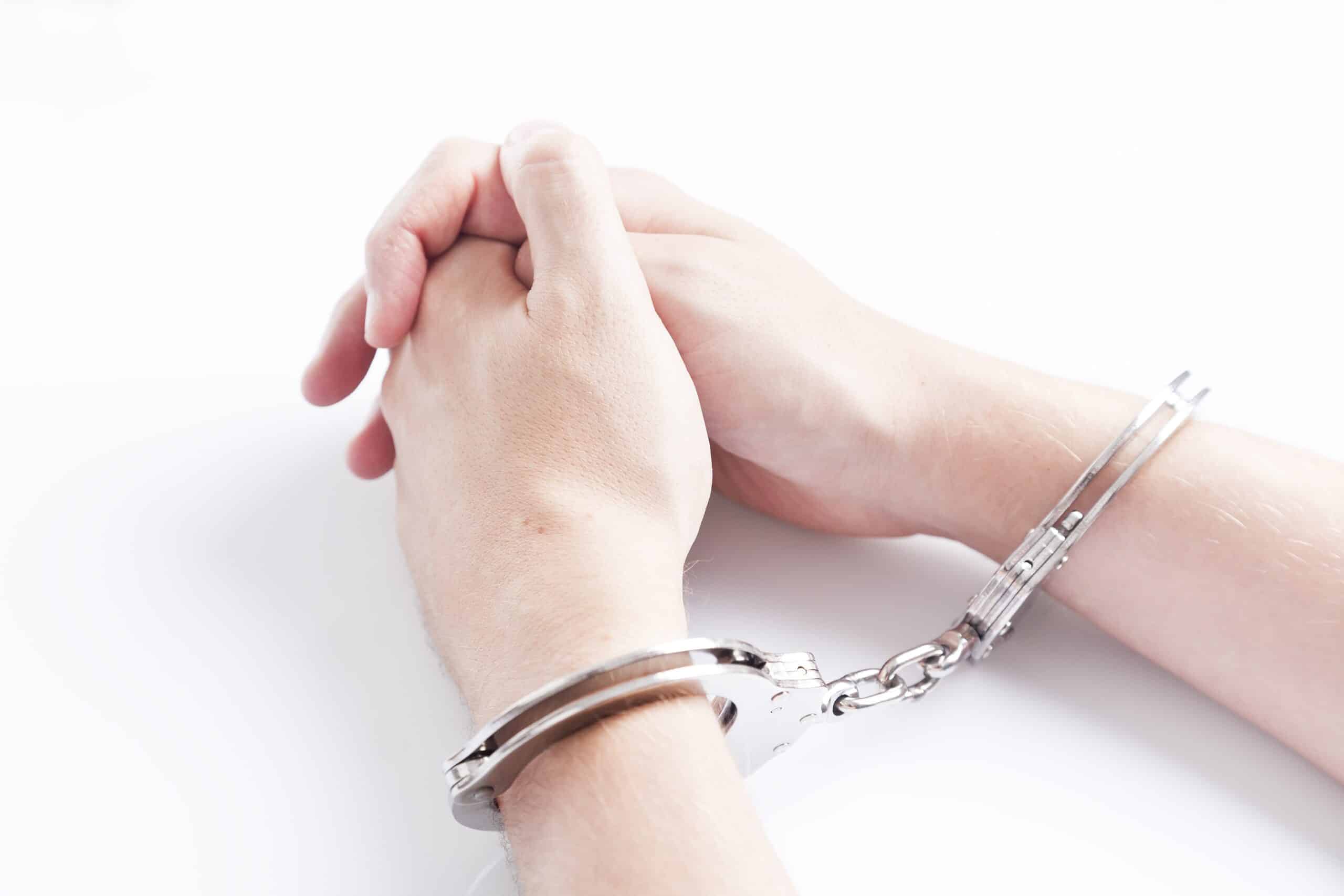Share This Article
By Sahar Adatia and Jimmy Singh.
The impersonation of medical professionals is a modern phenomenon and equally a disconcerting development.
Indeed, given the present social status and salaries of medical practitioners, it’s unsurprising to see why some people aspire to be doctors, dentists or other medical experts.
And yet, with a road ahead of extensive and costly tertiary education, along with dedicated years of hard work and sacrifice, for some, the temptation to take short cuts to land themselves in the industry is all too real.
For the fraudsters attempting to slip through the cracks, however, the reality is that practising medicine without proper qualifications can lead to some whopping fines. Not to mention, an unrecoverable reputation and possible criminal charges warranting the advice and representation of experienced criminal defence lawyers.
In October 2018, the harsh extent of this was brought to light after a New South Wales man who was untruthfully claiming to be a dentist and treating scores of patients was convicted and required to pay over $60,000.
Since late last year, Majib Rahebi was practising as a dentist and performed significant dental work on numerous patients in Sydney’s west. However, on October 26, his false claims to be a dentist all caught up with him when he was convicted and fined.
Mr Rahebi was fined $11,250 for falsely representing that he was authorised or qualified to practise as a dentist and $18,750 for performing restricted dental acts. These included root canal treatments, crowns and tooth extractions after consultation with patients at his business in Guildford West. The charges related to Mr Rahebi’s conduct between November 15, 2017, and February 24, 2018.
On top of that, Mr Rahebi was also ordered to pay a hefty $19,950 in legal costs. All the while, his company MJ Dental Care Pty Ltd was also convicted and fined $11,250 for representing that Mr Rahebi was authorised or qualified to practise as a dentist.
Mr Rahebi was convicted after pleading guilty to all charges.
The offence does not carry any jail time.
The Façade of Mr Rahebi
According to the Australian Health Practitioner Regulation Agency (AHPRA), Mr Rahebi held no formal dental qualifications and had never been registered as a dentist or any other health practitioner in Australia.
In May, he was charged by the regulation agency with 44 counts of falsely representing he was a registered dentist, and 31 counts of performing a restricted dental act.
Mr Rahebi operated the business MJ Dental Care Pty Ltd, and through this he provided a range of dental services under the façade of being a registered dental practitioner.
To the public and to his patients, he gave the impression of himself as being authorised or qualified to practise in the profession of dentistry. As such, he followed through with consulting patients and carrying out dental treatments, many of which were restricted dental acts that involve invasive procedures such as tooth extraction and root canal therapy.
It is also reported that Mr Rahebi possessed and administered prescription medications, in particular anaesthetics, which he was not certified to do so.
Mr Rahebi came to Australia from Iran where he was registered as a dental technician.
In contrast to a dentist, his skill was thus limited to making dental appliances and restorative devices, such as bridges or dentures, according to the specifications of a dentist.
While he had previously employed Australian-qualified dentists, they eventually stopped working for his business, at which point he began performing the procedures himself.
A LinkedIn profile under Mr Rahebi’s name displays his current position as a “dental technician” at “Merrylands Denture Clinic”.
Mr Rahebi had also been prohibited to perform any paid or unpaid dental work by the NSW Health Care Complaints Commission since early October, under legislation designed for the protection of the public.
Mr Rahebi an “Extreme Example” of Unregistered Practise
In addressing the seriousness of unregistered practise in the medical realm, Chief Executive of AHPRA, Martin Fletcher, said the matter was an “extreme example” of misconduct.
“To represent that you are a registered dental practitioner, operate a business that supports that lie and carry out restricted dental acts that may endanger the public, is not behaviour that goes unchecked,” Mr Fletcher said.
He also emphasised that part of AHPRA’s role is to act against people pretending to be qualified to provide regulated health services.
“This is part of what we do to protect the public. Our staff act quickly when we are alerted that a person is holding out as a registered health practitioner. We also work with our regulatory partners in NSW to coordinate the best response so that the public is protected. This matter is an extreme example of what we sometimes find,” he said.
Understanding the Health Practitioner Regulation National Law (NSW)
As the National Health Practitioner Ombudsman and Privacy Commissioner advises, the Health Practitioner Regulation National Law establishes a registration and accreditation scheme for health practitioners in 16 professions. In NSW, the applicable legislation is the Health Practitioner Regulation National Law (NSW).
The object of this Law is to establish a national registration and accreditation scheme for the regulation of health practitioners, as well as the registration of students undertaking programs of study that provide a qualification for registration in a health profession or clinical training in a health profession.
Further to this, the objectives of the scheme include to provide for the protection of the public by ensuring that only health practitioners who are suitably trained and qualified to practise in a competent and ethical manner are registered, as well as to facilitate the provision of high-quality education and training of health practitioners.
Additionally, the scheme oversees facilitating the rigorous and responsive assessment of overseas-trained health practitioners, and facilitating access to services provided by health practitioners in accordance with the public interest.
The Law on the Restricted Use of Protected Titles in NSW
In NSW, Section 113 of the Health Practitioner Regulation National Law (NSW) outlines the details on
the use of protected titles and who may carry out restricted acts.
Under this law, the use of protected titles is restricted.
This means that it is unlawful for a person to knowingly or recklessly take or use a title in a way that a reasonable person would end up believing that the person is registered in the health profession corresponding to that title, including Chinese medicine, chiropractic, dental, medical, medical radiation practise, nursing and midwifery, occupational therapy optometry, osteopathy, pharmacy, physiotherapy, podiatry, psychology.
Breaching this law attracts a penalty fine of up to $30,000 for an individual, and up to $60,000 for a corporate body.
This also extends to practices including the use of a specialist title when the person does not have specialist registration.
Furthermore, it is also unlawful for a person to lead someone to believe that another person is registered in a health profession from the aforementioned list. This attracts the same maximum penalties in NSW.
The Law on the Restricted Dental Acts in NSW
In NSW, Section 121 of the Health Practitioner Regulation National Law (NSW) outlines the law on restricted dental acts and who may carry out the restricted acts.
It is unlawful for a person to perform any ‘restricted dental acts’ unless:
- Properly registered in that profession; or
- The person is a student carrying out ‘restricted dental acts’ in the course of an approved program or clinical training in that profession; or
- The person carries out the ‘restricted dental acts’ in the course of ‘carrying our technical work on written orders of a registered dentist or dental prosthetists division of the dental profession; or
- The person is prescribed under a regulation as being authorised to do this.
A ‘restricted dental act’ includes an irreversible procedure on the human teeth or jaw or associated structures; correct malposition’s of the human teeth or jaw or associated structures; fitting or intra-orally adjusting artificial teeth or corrective or restorative dental appliances for a person; or performing any irreversible procedure on, or the giving of any treatment or advice to, a person that is preparatory to or for the purpose of fitting, inserting, adjusting, fixing, constructing, repairing or renewing artificial dentures or a restorative dental appliance.
Any individual person who breaches this will face a penalty of up to $30,000 fine.
In addition, this kind of conduct could also amount to grievous bodily harm charges.
Do you have any questions?
We are available 24/7 and offer a free first consult.
Our lawyers appear in all courts with criminal defence lawyers in Newcastle, Penrith, Sydney CBD and 6 other locations.









